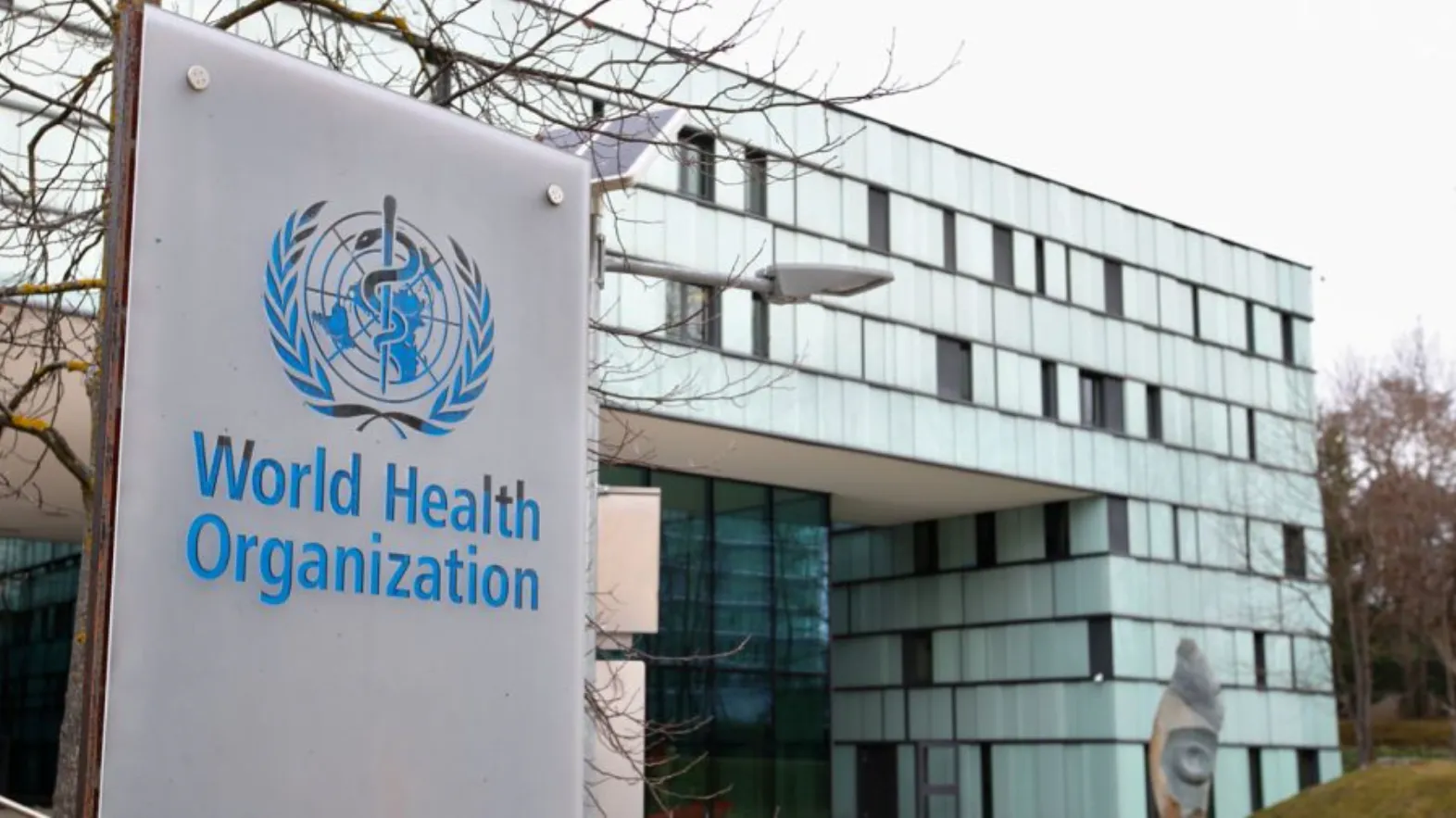WHO Approves Cecolin® for HPV Vaccination in Cervical Cancer Prevention

WHO Approval of Cecolin® for HPV Vaccination
The World Health Organization (WHO) has prequalified Cecolin®, a Human Papillomavirus (HPV) vaccine, for use in a single-dose regimen to help prevent cervical cancer.
In a statement released on Friday, WHO announced that Cecolin® met the criteria set out in its 2022 recommendations for the alternative, off-label use of HPV vaccines in single-dose schedules.
According to WHO, this approval will contribute to a more sustainable supply of HPV vaccines, potentially enabling more girls to be vaccinated and protected against cervical cancer. This important milestone will contribute to improving sustainable supply of HPV vaccines, allowing more girls to be reached with the vaccines that prevent cervical cancer, the WHO statement read.
Cervical Cancer Elimination
Dr. Tedros Ghebreyesus, WHO’s Director-General, emphasized this development's importance in the global fight against cervical cancer. He pointed out that more than 95% of the 660,000 cervical cancer cases reported annually are caused by HPV, with 90% of deaths occurring in low- and middle-income countries.
- “By adding another option for a one-dose HPV vaccination schedule, we have taken another step closer to consigning cervical cancer to history,” Ghebreyesus stated.
In addition to Cecolin®, WHO prequalified a fifth HPV vaccine, Walrinvax®, on August 2, 2024. This vaccine adds to the global market and provides another critical tool in the fight against cervical cancer.
Impact of the HPV Vaccine Supply Shortage
Dr. Kate O’Brien, Director of WHO’s Department of Immunization, Vaccines, and Biologicals, noted that supply shortages have hindered the introduction of HPV vaccines since 2018.
- “Given the continuing supply challenges, this addition of a single-dose vaccine product means countries will have greater choice of vaccines to reach more girls,” O’Brien explained.
According to WHO, as of September 2024, 57 countries have adopted the single-dose HPV vaccination schedule, which has enabled an additional 6 million girls to receive HPV vaccines in 2023 alone.
Additional Funding to Boost Coverage
Countries and global health partners committed nearly $600 million in new funding to support the elimination of cervical cancer. This includes $180 million from the Bill & Melinda Gates Foundation, $10 million from UNICEF, and $400 million from the World Bank. These investments are expected to accelerate the introduction and coverage of HPV vaccines by 2030.
This article was prepared using information from open sources in accordance with the principles of Ethical Policy. The editorial team is not responsible for absolute accuracy, as it relies on data from the sources referenced.